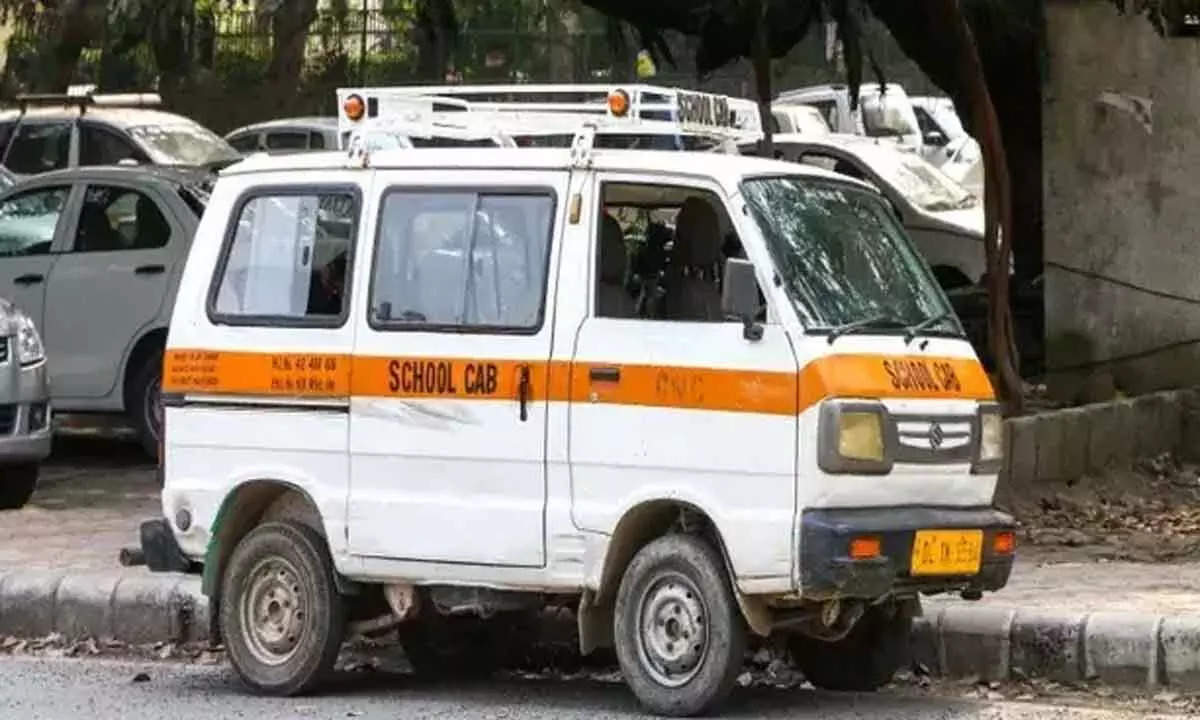
Private vehicles in Delhi will be permitted to be registered as commercial vehicles and transport kids when certain changes are made under the Delhi Government‘s new school cab policy, according to reports on Thursday.
The transportation department intends to let private vehicle owners use their vehicles as commercial vehicles. Private automobiles can be registered as commercial vehicles under the program by meeting specific standards such as fitting speed governors and roof carriers to hold luggage and then utilized to transport kids to and from school.
According to reports, this policy will be implemented when it has been reviewed by all departments. As per existing regulations & circumstances, if someone wants to run a taxi for school students, they need to acquire a new vehicle and register it under the school cab category.
If the new taxi policy is implemented, a CNG-powered private car with a valid fitness certificate can be registered as a commercial vehicle. It may also be given permission to ferry school children if the necessary requirements are met.
This arose after the Delhi Transport Corporation (DTC) decided to discontinue sending buses to city schools beginning with the new academic year due to a growing demand for its fleet for public transportation.
In accordance with a number of safety requirements, the school cab policy of 2007 enabled private cars that were less than 15 years old to be registered as school taxis.
However, in 2015, the Delhi Government modified the rules and prohibited the registration of school taxis. Additional criterion was introduced in 2017, stating that only new cars may be registered in this category.
Also Read:

